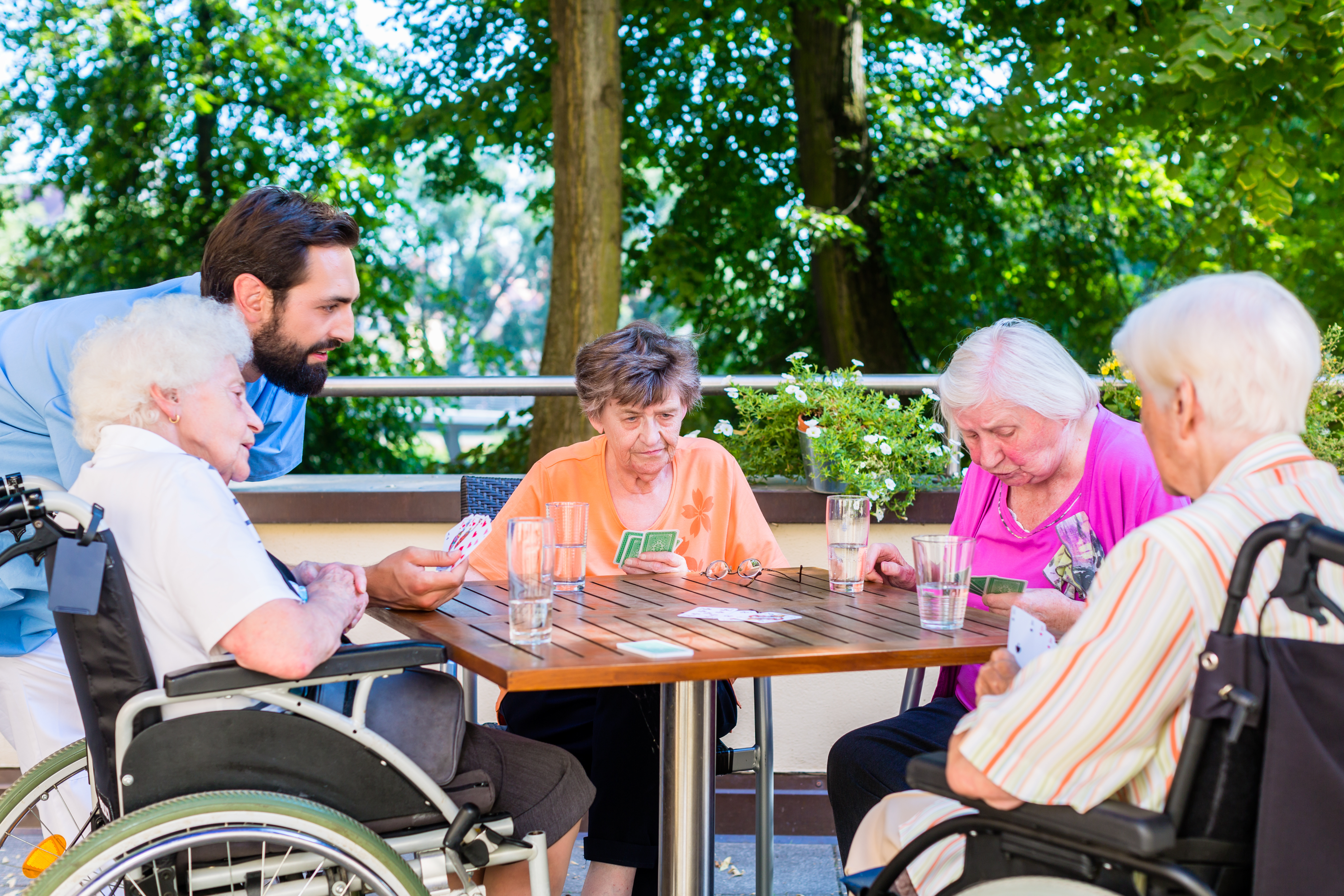Accueil >
Elderly Health Care > Other Age-Related Health Conditions
Polymyalgia Rheumatica (PMR), a stealthy inflammatory disorder, takes center stage as a common ailment in the aging population. This condition, marked by pain and stiffness, often manifests in the shoulders and hips, presenting a unique challenge for older adults. What sets PMR apart is its close association with other autoimmune conditions, weaving a complex narrative in the realm of senior health.
 The symphony of pain and stiffness:
The symphony of pain and stiffness:PMR quietly emerges as a symphony of discomfort, with its main instruments being pain and stiffness. Afflicting the shoulders and hips, these symptoms can significantly impact mobility and daily activities. The hallmark of PMR is the gradual onset of these sensations, often leading individuals to seek medical attention as the discomfort intensifies.
While autoimmune conditions are not uncommon, PMR distinguishes itself by primarily affecting older adults. The average age of onset is typically over 50, emphasizing its prevalence in the golden years. The interplay between aging and autoimmunity adds a layer of complexity to the diagnosis and management of PMR.
Ask questions regarding retirement homes to our experts
PMR's connection to other autoimmune conditions further complicates its clinical picture. Individuals diagnosed with PMR may also be at an increased risk of developing conditions such as giant cell arteritis, a disorder characterized by inflammation of the blood vessels. The association underscores the importance of a comprehensive medical evaluation to address potential underlying autoimmune factors.
Diagnosing PMR involves a combination of clinical evaluation, blood tests, and imaging studies. While there is no cure for PMR, prompt and appropriate treatment can effectively manage symptoms. Corticosteroids, often prescribed in low doses, prove to be effective in alleviating pain and stiffness, providing relief for individuals navigating the challenges of PMR.
Managing PMR extends beyond medical interventions to lifestyle modifications. Gentle exercise, such as walking and stretching, can help maintain joint flexibility and alleviate stiffness. Support from healthcare professionals, as well as a strong support network, plays a crucial role in enhancing the overall well-being of individuals living with PMR.
Polymyalgia Rheumatica, a silent but impactful presence in the aging journey, invites us to understand the nuances of inflammatory disorders in older adults. As we navigate the symphony of aches, recognizing the association with autoimmune conditions and embracing a holistic approach to management becomes essential. In the golden years, PMR challenges us to harmonize the complexities of aging with the melodies of resilience and comprehensive care.
Don't hesitate to contact us at 343 309 5289. We can help you choose the right establishment for you and assist you in your search.

Find a suitable senior residence